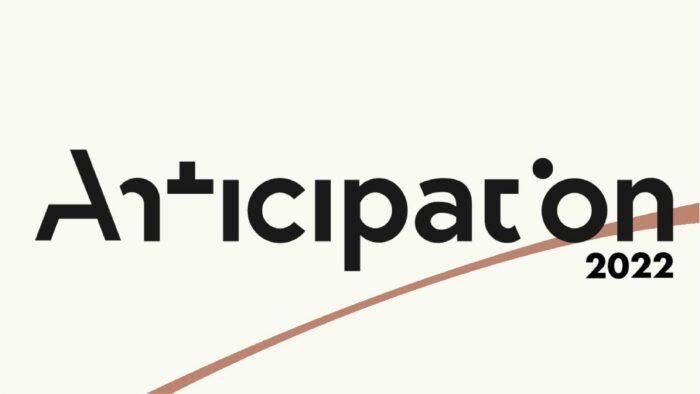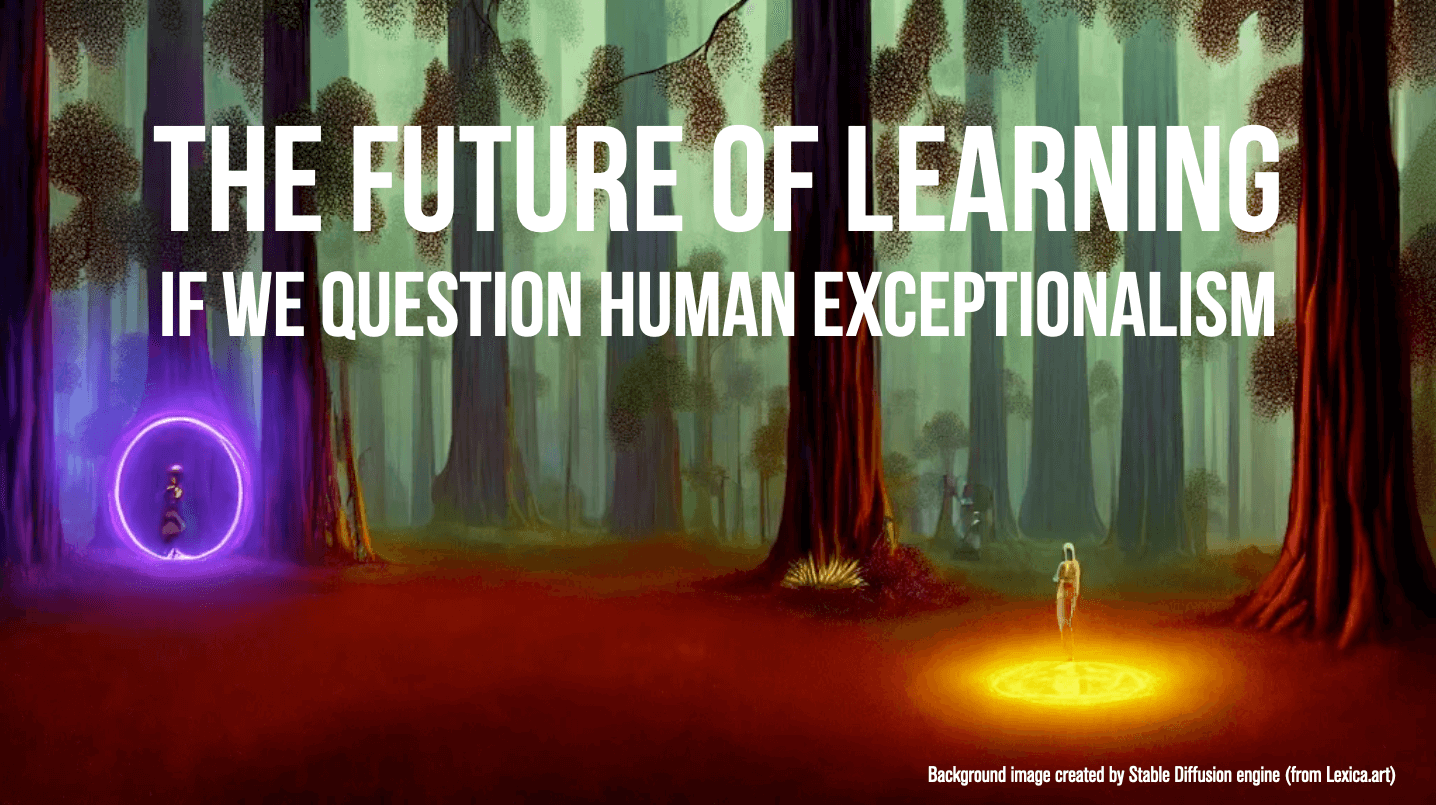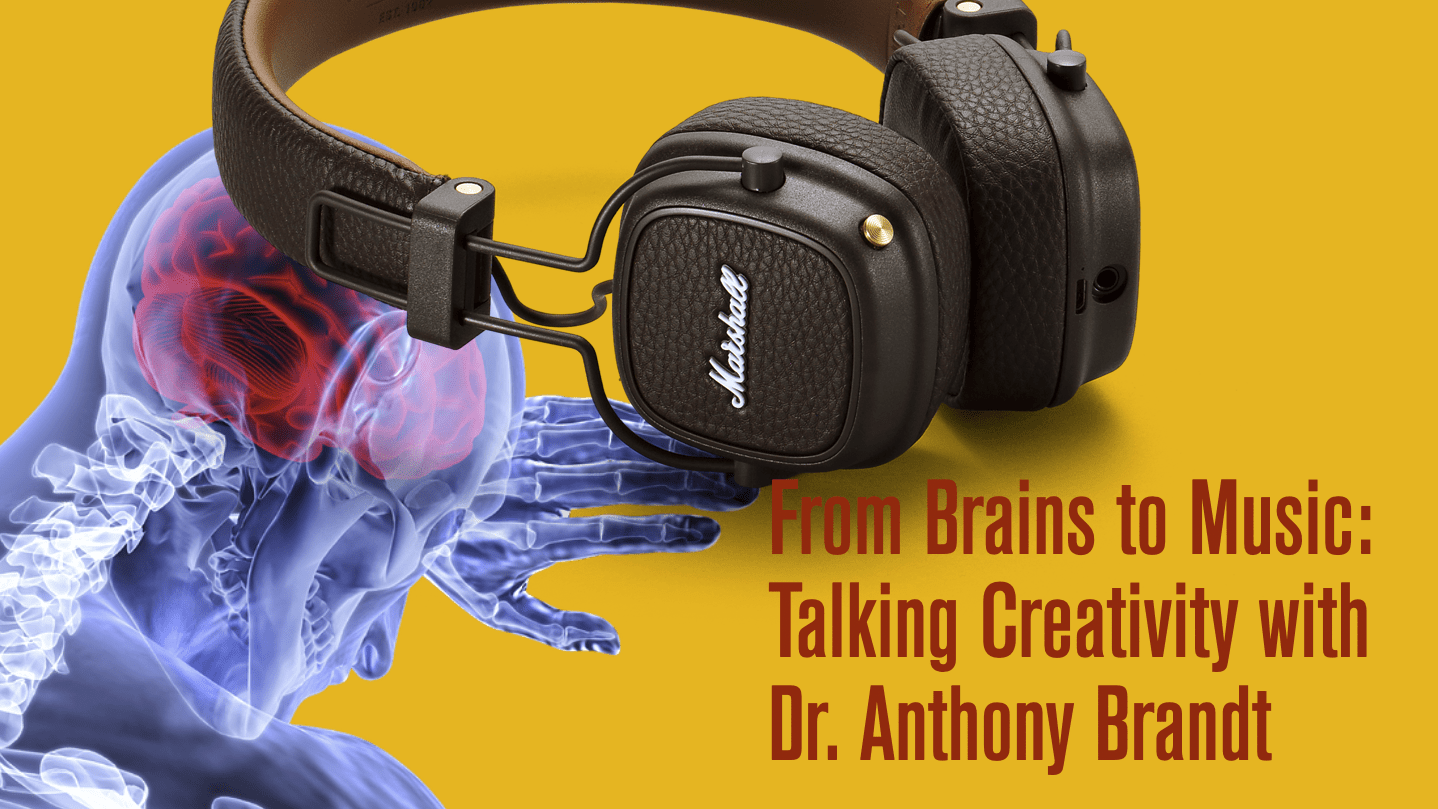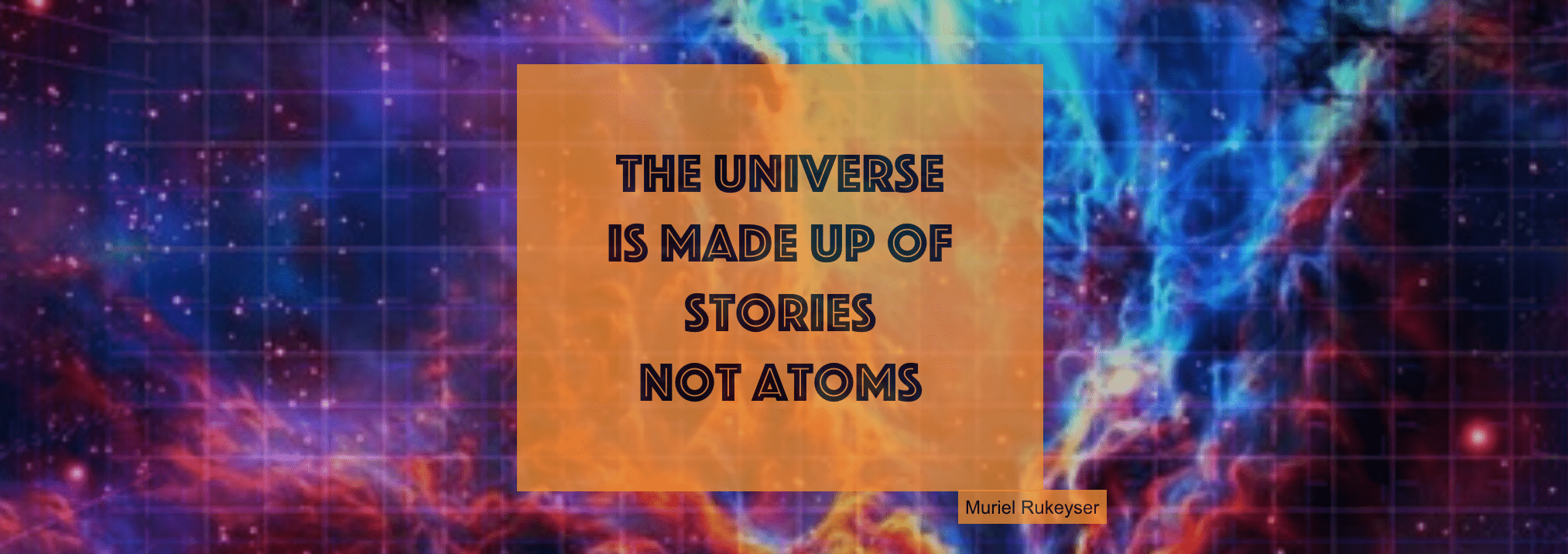One of the most fun projects I have been part of was working with authors of speculative fiction around the futures of learning. This was the result of a collaboration with the Center for Science and the Imagination, Slate magazine and New America (supported by the Principled Innovation initiative). Essentially we worked with three acclaimed authors of speculative fiction who wrote stories about their vision of the future of education and learning. Each of these stories was paired with response essays by 3 academic experts who provided their scholarly perspectives on the themes and ideas explored in the stories. In addition, I had got to moderate 4 different webinars, one for each story (with the author and respondent) and one culminating webinar with the three authors. In essence, we got three thought-provoking stories, three insightful responses, and four engaging conversations around a set of powerful ideas. (I provide a sequential list, with links towards the end of this post).
Though the project was done by April 2021, I had secretly hoped for another opportunity to build on this work. That opportunity came with the announcement of the Anticipation 22 Conference at ASU.

We submitted a proposal to the conference a few months back titled: Putting Descartes before the (education) horse:
Speculations on bio-technological evolution, multispecies relationships, and human exceptionalism (PDF). Honestly, the goal was to find another opportunity to hang out together. Last week, Simon Brown, Shiv Ramdas, Iveta Silova, Katina Michael and I actually got to meet up over zoom and continue the conversation where we had left it off, almost a year-and-a-half ago. You can find the video of our conversation below.
The background
To give some context, this is how we described the project Future Tense Fiction: Learning Futures project
Amidst breakneck technological change, social upheaval, and environmental emergency, we need to rethink learning and education to prepare humanity to meet the challenges of a complex future. This transformation needs to go beyond the walls of the classroom. It should encompass virtual and informal learning environments, information literacy, critical thinking, trust, and community. Learning doesn’t stop at the end of high school, or college; it’s an ongoing process of reexamining and rethinking ourselves, our relationships, our communities, and our physical and social environments. It’s a process that involves constant adaptation to a world in flux. The series explores how learning experiences of all kinds will be shaped by technology and other forces in the future—and the moral, ethical, and social challenges this will entail.
And below is a bulleted list of products that emerged from this project.
- Speaker: Story by Simon Brown,
- If nonhumans can speak, will humans learn to listen: Response by Iveta Silova.
- Online discussion of “Speaker” with Simon Brown, Iveta Silova, moderated by Punya Mishra
- The Void: Story by Leigh Alexander
- The conundrum of information scarcity in a time of information overload: Response by Andrea K. Thomer
- Online discussion of “The Void“ with Leigh Alexander, Andrea K. Thomer & Punya Mishra
- The Trolley Solution: Story by Shiv Ramdas
- How much of higher education can be automated: Response essay by Katina Michael
- Online discussion of “The Trolley Solution:” with Shiv Ramdas, Katina Michael & Punya Mishra
- How will we learn in the future: Discussion with the authors (Simon Brown, Leigh Alexander & Shiv Ramdas, moderated by Punya Mishra)
- The future of learning if we question human exceptionalism: Panel at the Anticipation 22 conference featuring Simon Brown, Katina Michael, Punya Mishra, Shiv Ramdas and Iveta Silova.
On a somewhat separate topic, but related to the Anticipation Conference was a panel on Democratizing Futures organized by the Center for Science and the Imagination. Moderated by my friend Ruth Wiley, the panelists (Laura Cechanowicz, Lauren Withycombe Keeler, Ed Finn and myself) responded to questions put to us by a authors, futurists, world-builders and the audience. This was a great session and the video is given below.





0 Comments